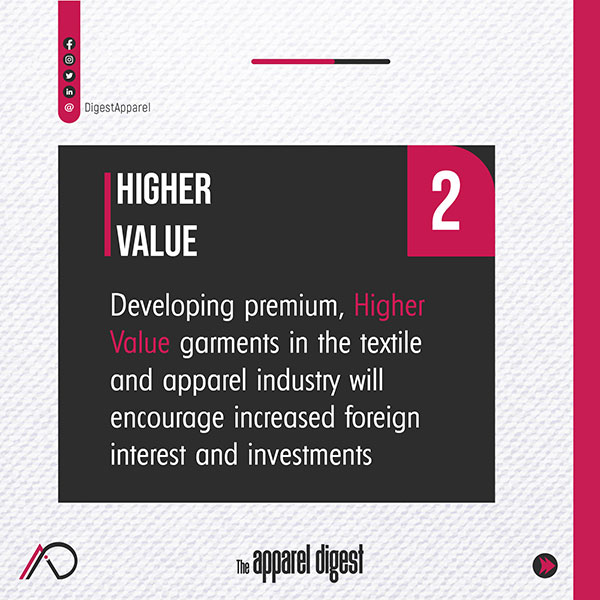The Apparel Digest Report Compilation
In 2024, Zimbabwe’s situation is worsening due to a complicated mix of factors, such as political instability, environmental disasters, social upheaval, and economic failure. The economy, political system, and infrastructure of the nation have all suffered significantly due to years of mismanagement and the ongoing changes occurring now. The introduction of a gold-backed currency, ongoing debt challenges, and political persecution following contentious elections have all played a role in exacerbating the nation’s difficulties. Severe droughts associated with climate change have harmed crops, intensifying the issue of food insecurity. This multifaceted crisis is affecting every sector of society, including the garment manufacturing industry, where labor unions are facing challenges in safeguarding workers’ rights amid significant unemployment and economic instability. In the subsequent discussion, we will explore the ways in which these variables impact the current crisis in Zimbabwe:
Economic Factors:
- Decline in Currency Value: Zimbabwe Gold (ZiG), originally intended as a gold-backed currency, has experienced a swift decline in value, resulting in significant inflation and steep price increases.
- Debt Overhang: The substantial debt burden that Zimbabwe faces prevent the nation from investing in crucial sectors essential for its economic growth.
- Liquidity crunch: Businesses are facing significant challenges in importing essential goods and services due to a considerable shortage of foreign currency.
- The lack of job opportunities: Due to the fluctuating economy, many individuals are facing unemployment, especially in sectors like garment manufacturing.
- Expensive Imports: The economy is currently facing pressure due to elevated import expenses, especially concerning fuel and food.
Political Factors:
- Lack of Reforms: The absence of fundamental political reforms has hampered economic recovery and advancement.
- Issues Related to Human Rights: The ongoing occurrences of repression and violence aimed at political opponents have fostered an environment that poses significant challenges for both businesses and workers.
The ongoing economic crisis has led to the closure of numerous garment companies. This has created significant difficulties for labour unions in their efforts to recruit new members and organize effectively. The reasons for this situation include the prevalence of the informal sector and the decline of industrial manufacturing, both of which are significant contributors to the approaching 90 percent unemployment rate. Unions like the National Union of the Clothing Industry (NUCI) have demonstrated impressive persistence in overcoming these challenges by focusing on enhancing labour relations and collective bargaining as a means of member retention.
The minimum wage for garment workers stands at $180 per day; however, to adequately meet living expenses, the union is pushing for rates that exceed $250 significantly. The National Union of Colored Workers (NUCI) remains committed to promoting regulations aimed at revitalizing the textile and apparel industry by fostering local procurement and enhancing job growth. Organizations like IndustriALL Global Union praise the unions for their commitment to supporting workers during this challenging time, while NUCI persists in its advocacy for these laws.
A multitude of factors, encompassing economic, political, social, and environmental aspects, are converging to create the crisis currently faced by Zimbabwe. The government and international organizations are actively working to identify solutions; however, the recovery process is expected to require some time. Conversely, signs of resilience are evident, especially within specific commercial sectors and labour unions, offering reasons for optimism about the future.

